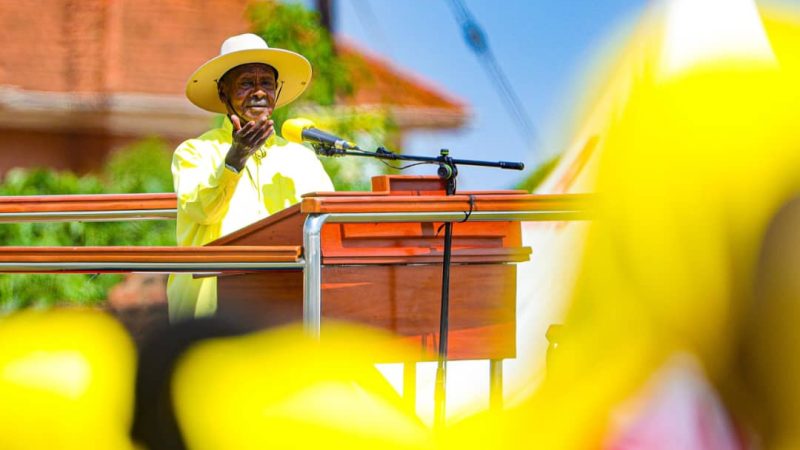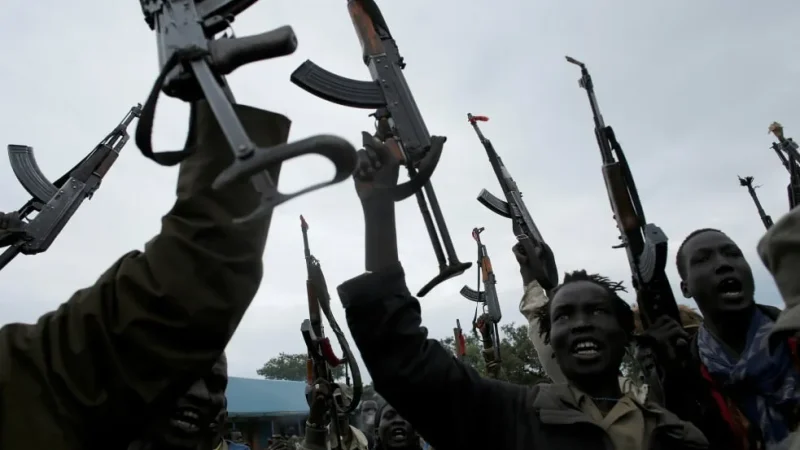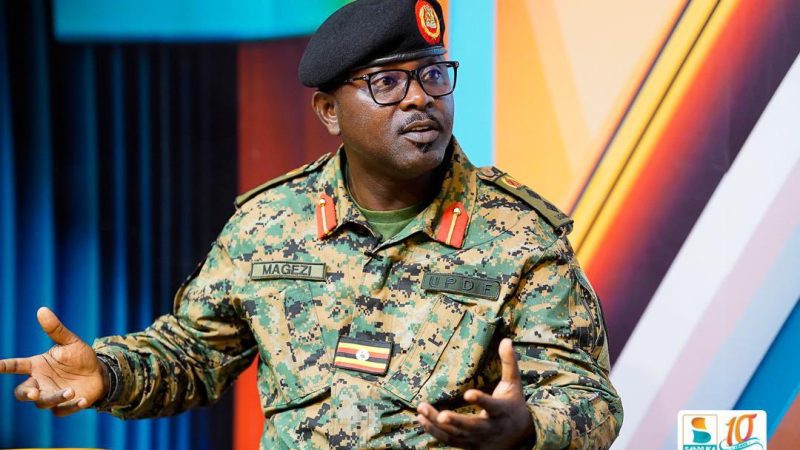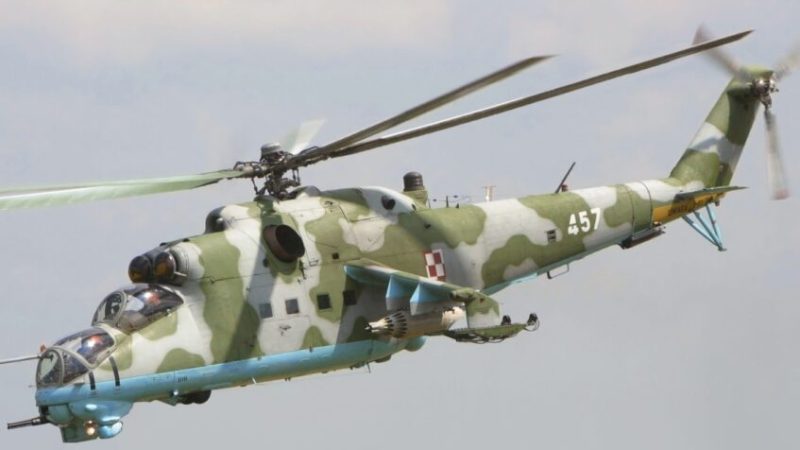Sudan’s warring factions on Tuesday agreed in principle to a seven-day ceasefire pushed by South Sudan, according to a South Sudanese official.
Speaking to reporters at a press conference in Juba on Tuesday, Pauline Adhong Malok, spokesperson for South Sudan’s Ministry of Foreign Affairs, said the seven-day ceasefire mediated by President Salva Kiir Mayardit will commence on 4 May to allow peace talks to commence.
“The two principals, H.E. Gen. Abdel Fatah Al Burhan, the Chairman of the Sovereign Council and Commander in Chief of Sudan Armed Forces, and Gen. Mohamed Hamdan Dagalo, leader of the Rapid Support Forces (RSF), have agreed in principle to a seven-day truce from 4 to 11 May,” said Malok.
“The Government of the Republic of South Sudan has obtained the consent of the two parties to the current conflict in Sudan to name their representatives to peace talks to be held at any venue of their choice,” she added. “In a telephone conversation with the Sudanese leaders today, May 2, President Salva Kiir Mayardit stressed the importance of a longer ceasefire and naming of representatives to peace talks to be held at an agreed venue.”
The foreign ministry spokesperson said President Kiir, who is the team leader of the IGAD Assembly of Heads of State, has urged the Sudanese leaders to propose a date to commence the talks as soon as possible.
Last week, Abraham Kuol Nyuon, a professor of political science at the University of Juba, advised that the mediators should first persuade the two Sudanese leaders to stop fighting before talks commence.
“You know you can’t conduct peace talks when cessation of hostility has not been observed. So the first thing that you should do is to persuade the two leaders to stop fighting, and from there, talks can begin,” he said.
Today’s announcement by South Sudan’s Ministry of Foreign Affairs came after the UN’s refugee agency (UNHCR) warned more than 800,000 people may flee to neighbouring countries as the ongoing violence stifles evacuation convoys from key ports in Sudan.
The chaos, now in its third week, has sparked a mass exodus to neighbouring countries, including South Sudan, Egypt, Ethiopia and Chad.
Sudan hosted 1.13 million refugees before the conflict started, including some 800,000 from South Sudan.
The fighting has also triggered a mass exodus of foreigners and international staff.









